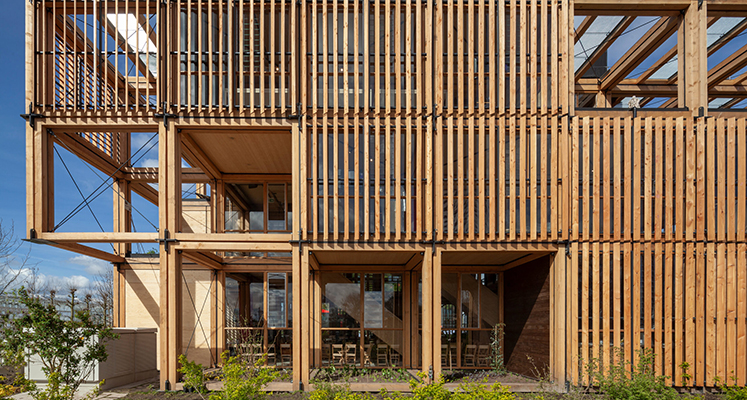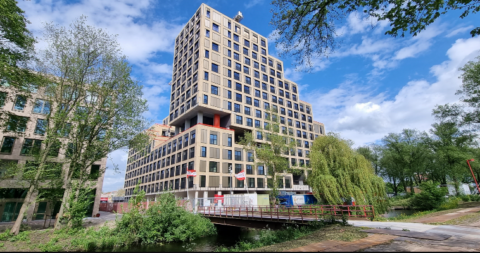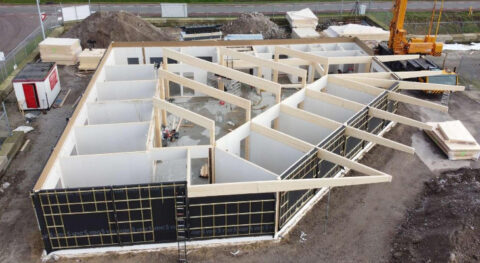Many changes are going to be made to the environmental performance requirements for homes and offices. By doing so, the central government wants to accelerate sustainability in the construction sector. Starting in 2025, the Environmental Performance of Buildings (MPG) will be tightened. There will be a separate requirement for small dwellings, the MPG will apply to more types of buildings than at present, and more environmental effects will be included in the calculation. The calculation of environmental performance will also be overhauled.
"However, these proposed tightenings and changes do not fit with outgoing minister Hugo de Jonge's ambition for more bio-based construction," argues Nasja Geertjens of engineering firm Sweco. "For example, the changes are very bad for wood as a building material, because more environmental effects are being considered. CO2 emissions count more heavily and three new indicators are being weighed that are unfavorable for wood: water use, particulate matter and land use."
Earlier, Bouwend Nederland and the Gideon Foundation, which promotes sustainable building, also criticized the change in the rules, newspaper Trouw recently reported.
From July 2024, the market can start calculating the actual effects per specific product, but it is already clear that these tightening measures will be unfavorable for biobased materials such as wood. "It is to be hoped that the minister or his successor will take a good look at this, because it is at the expense of a fine ambition to put biobased building further on the map," Geertjens says.
"Fortunately, there are also positive changes. For example, there will be a separate requirement for small dwellings, which means that social housing and tiny houses will no longer be unfairly disadvantaged. These now often score poorly because of the offsetting small square footage. Another positive point: the requirements now only apply to homes and offices, but will soon apply to all new buildings, including, for example, stores and schools."











